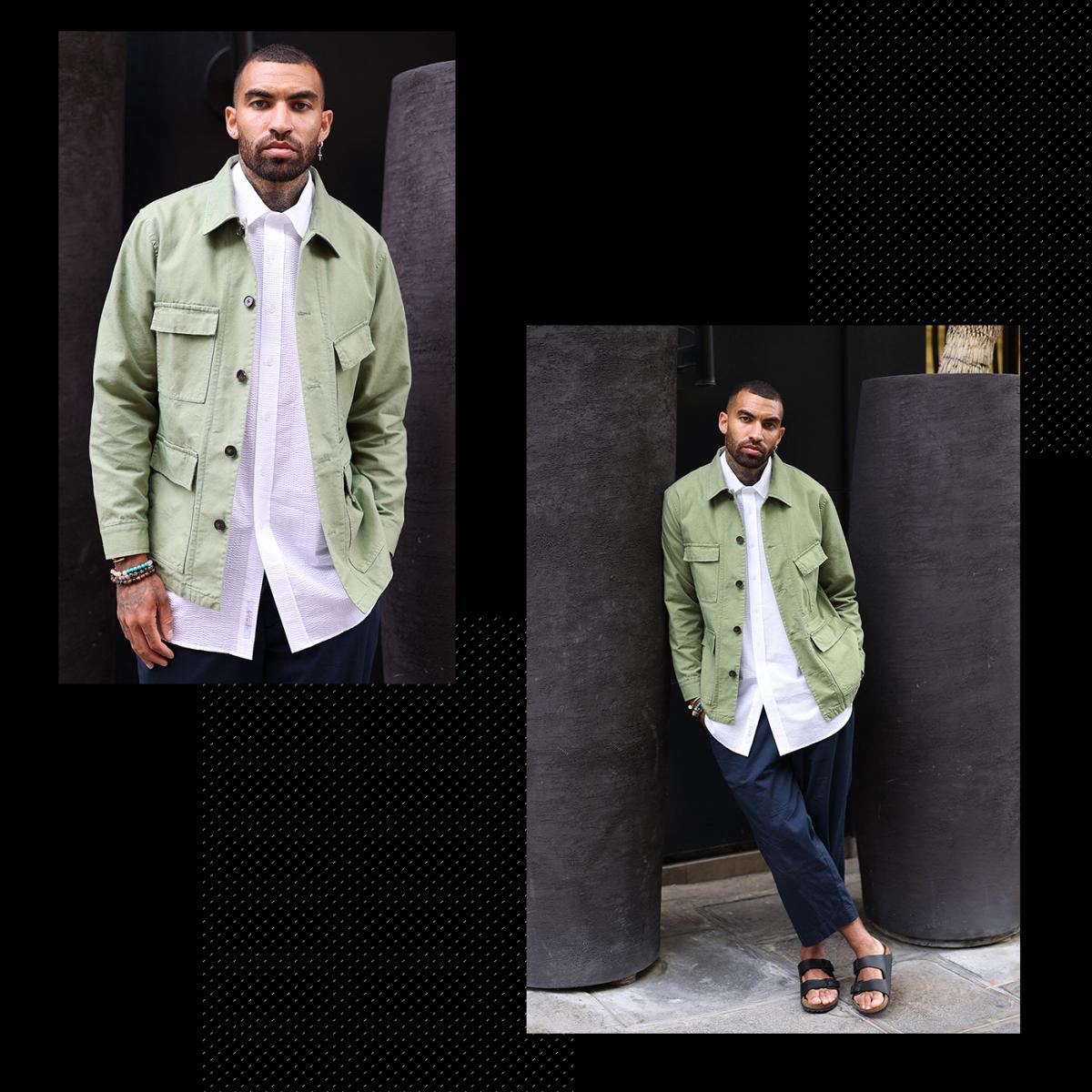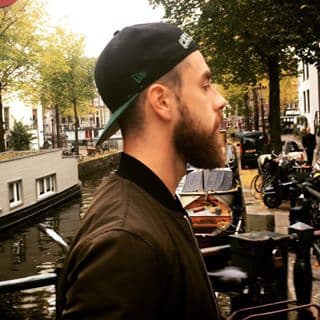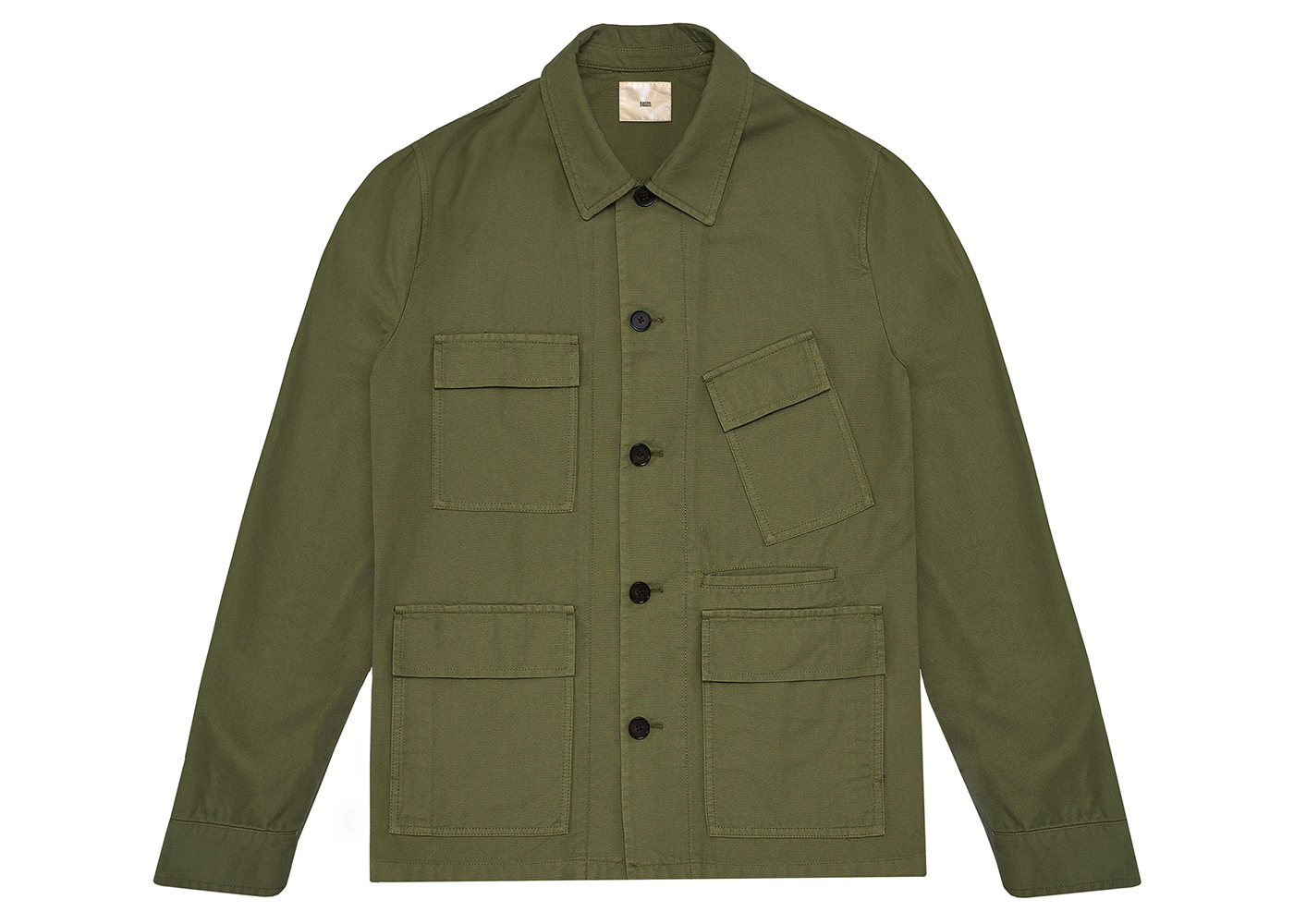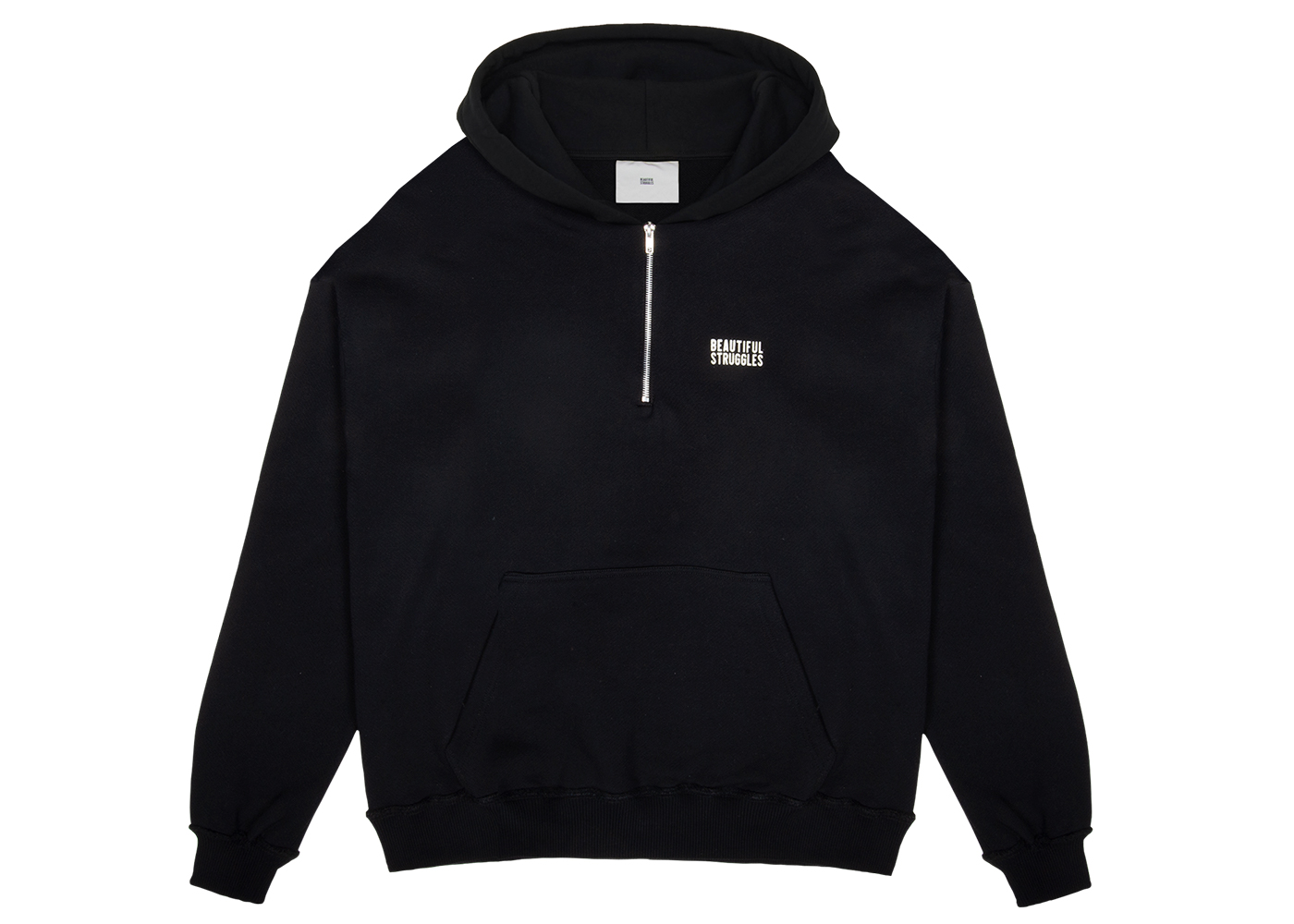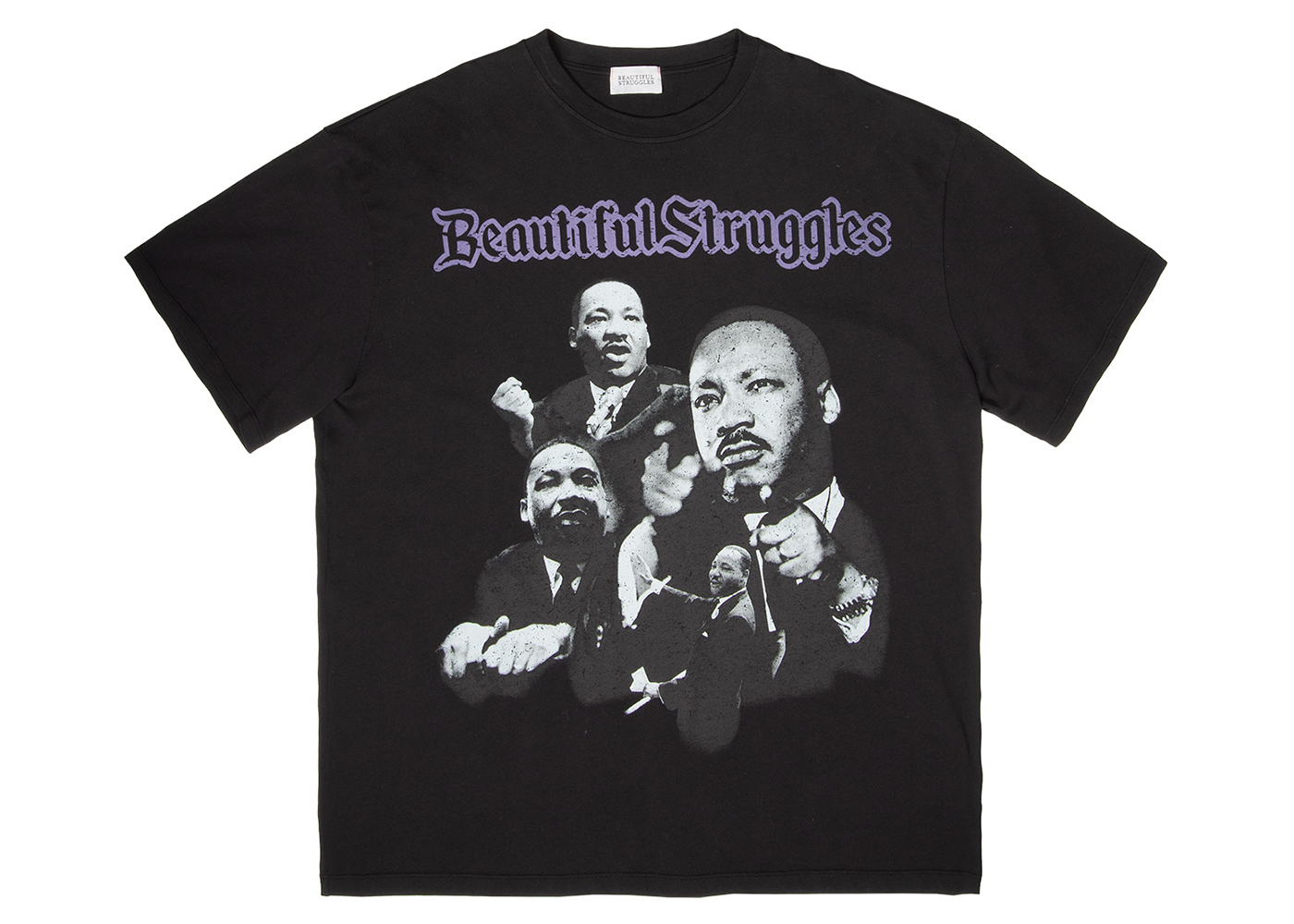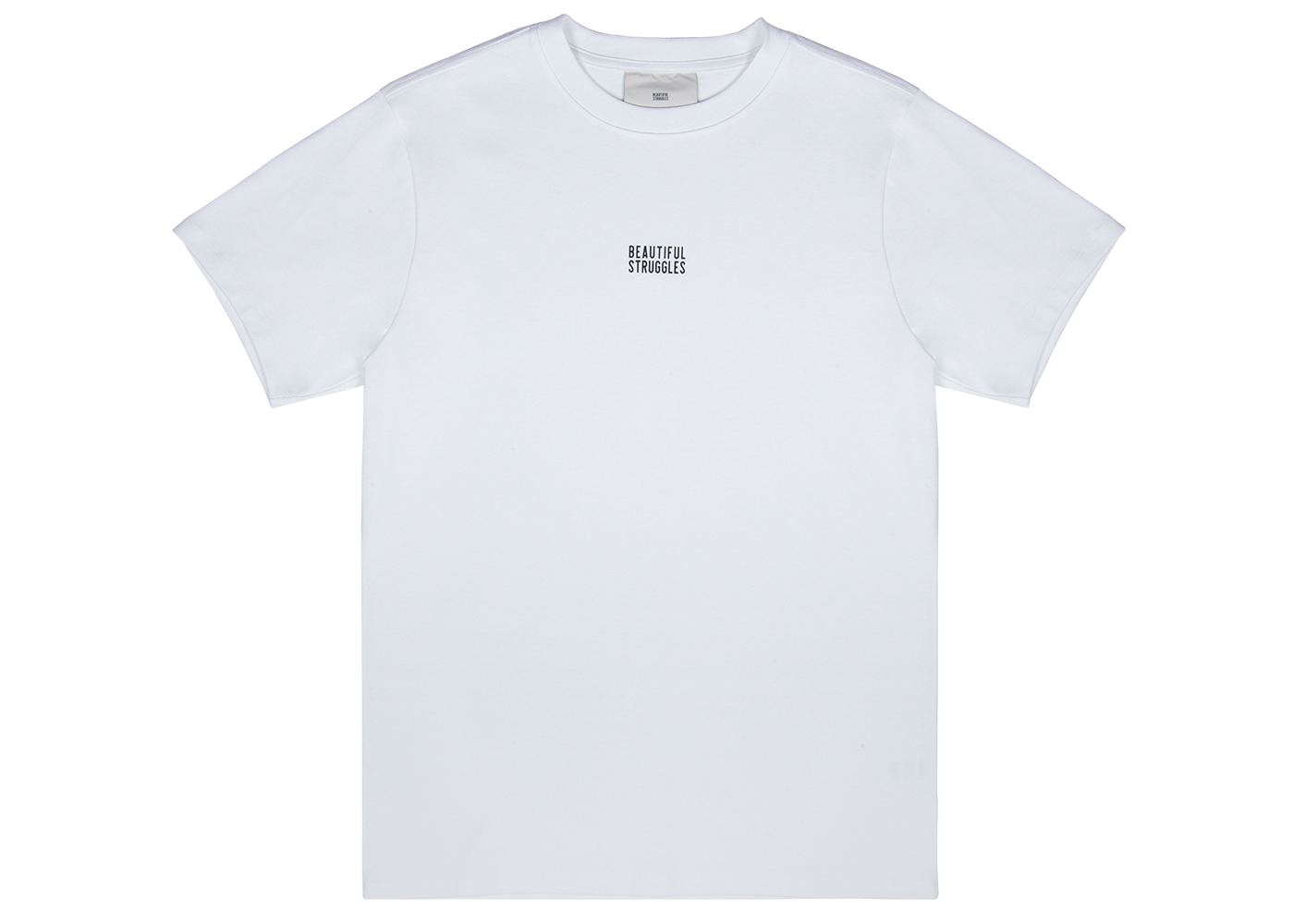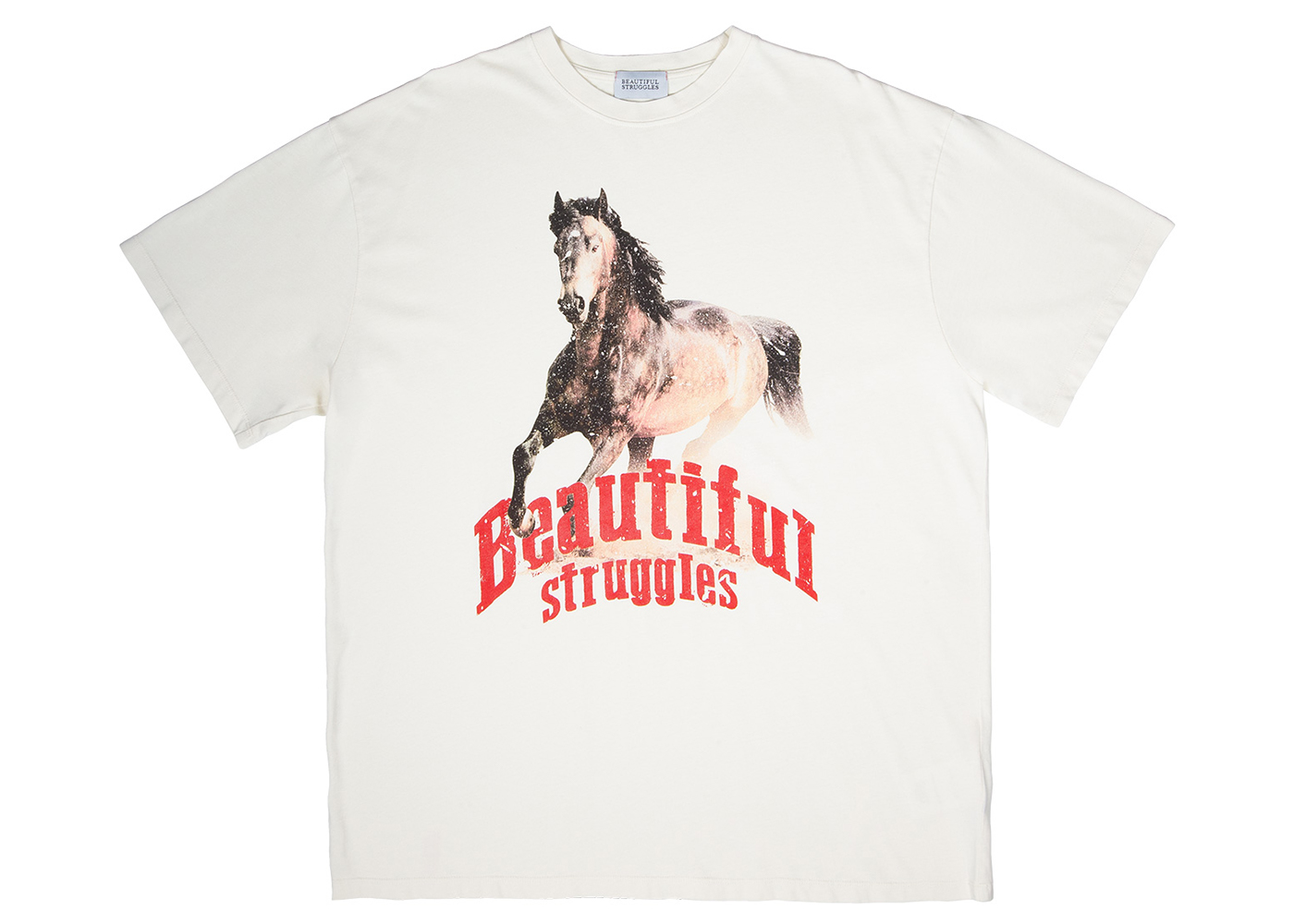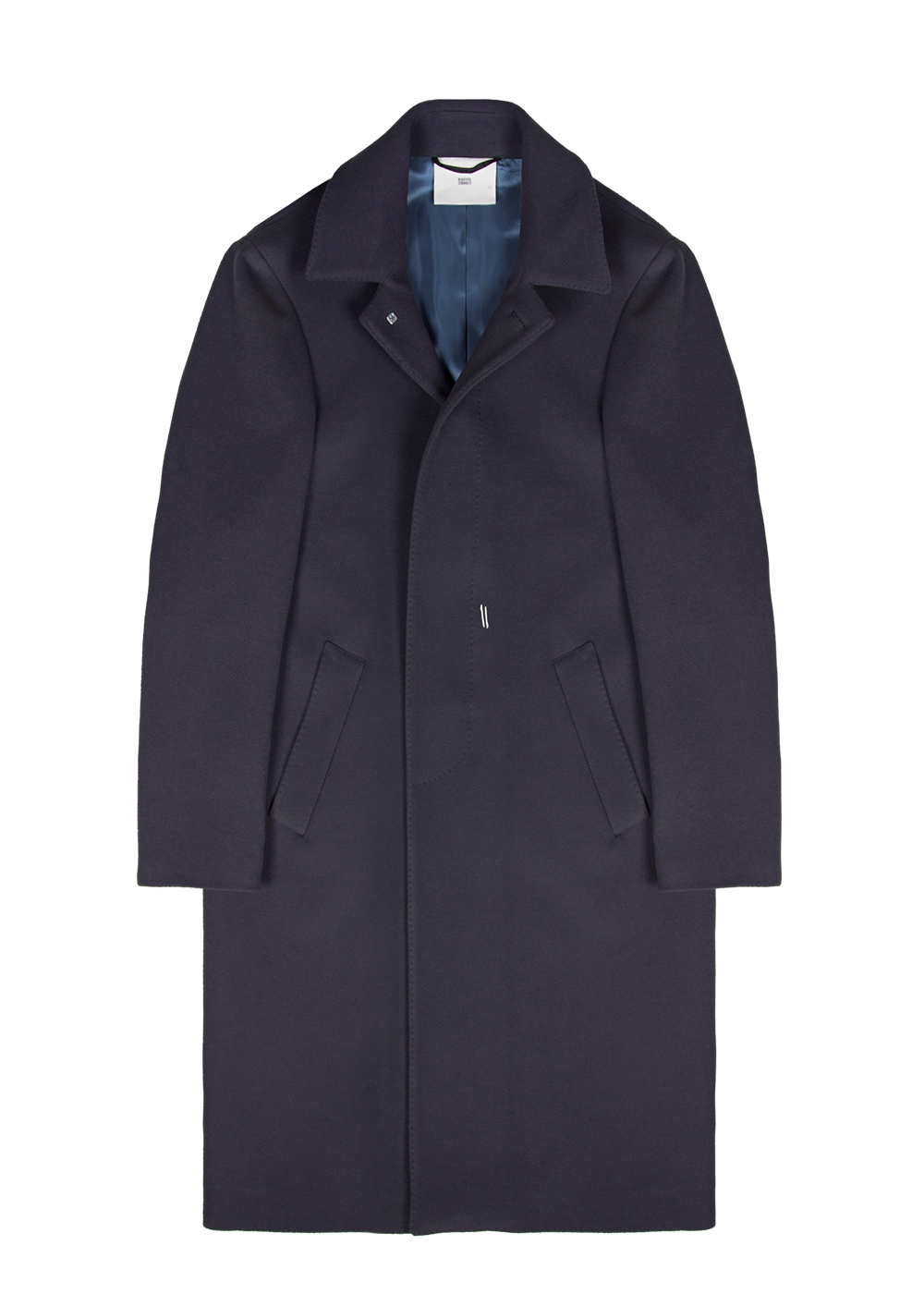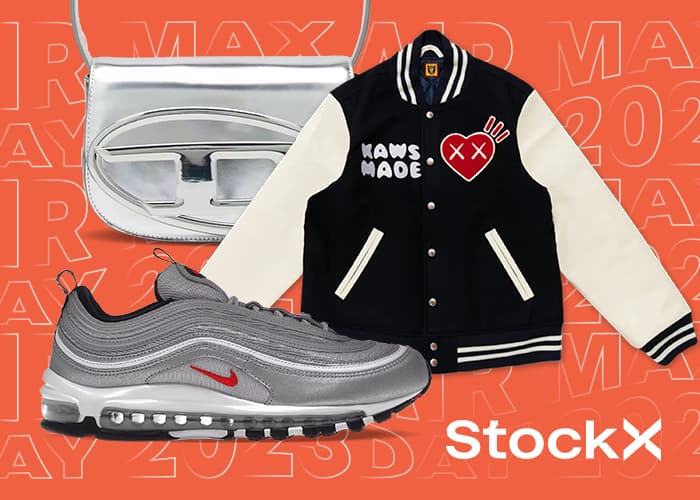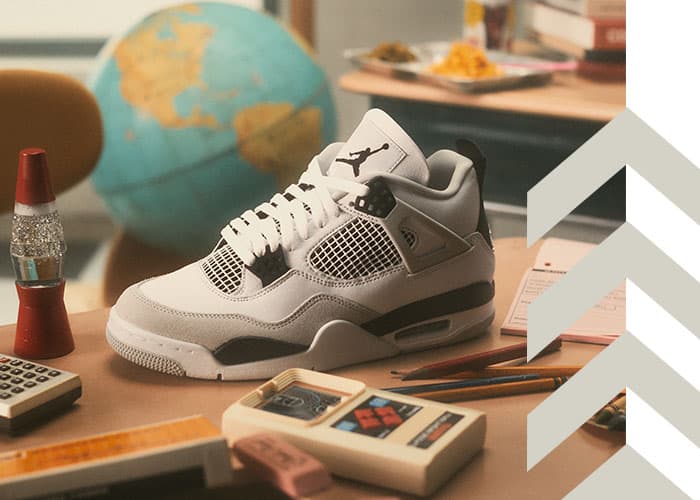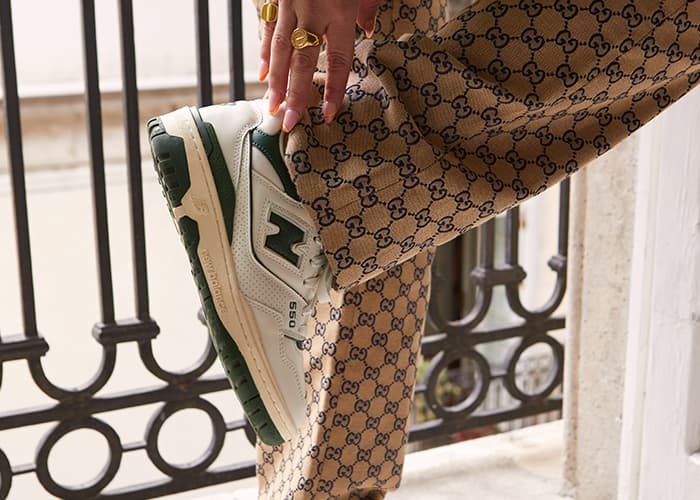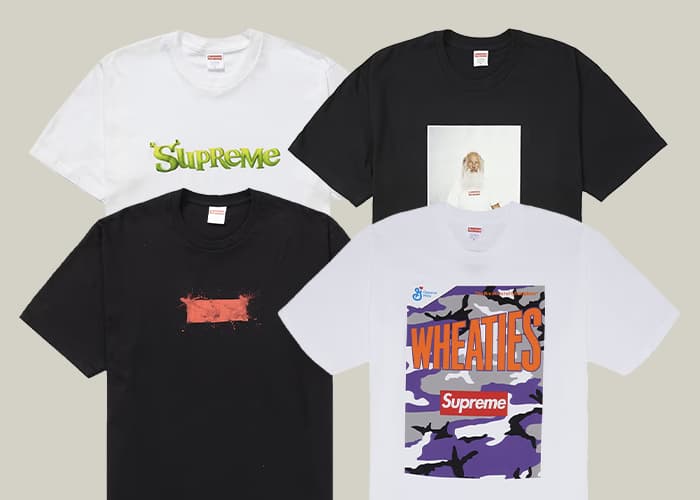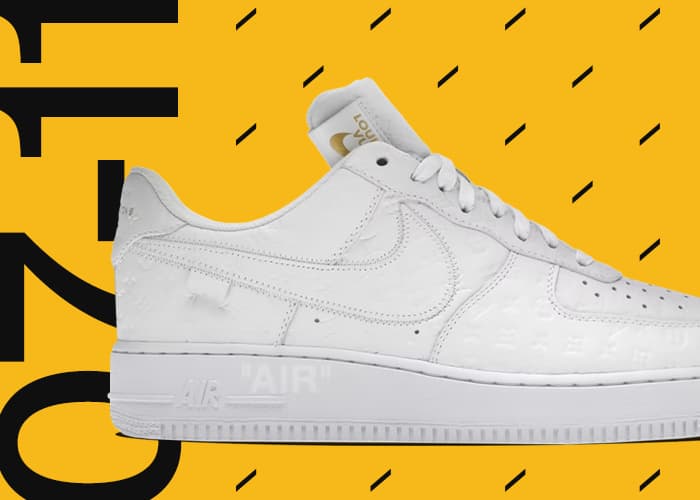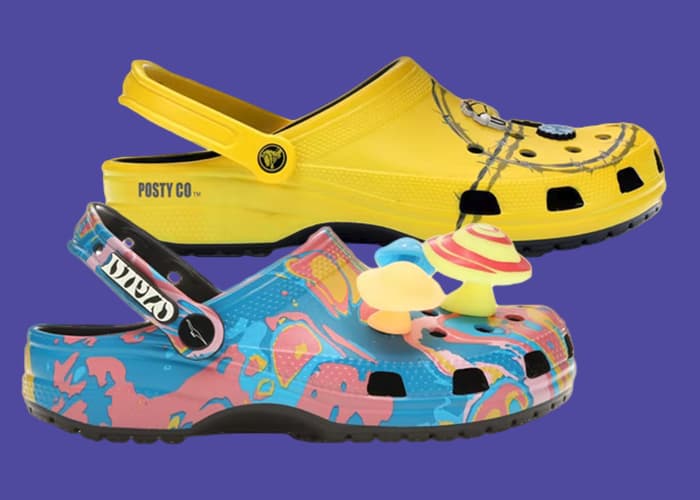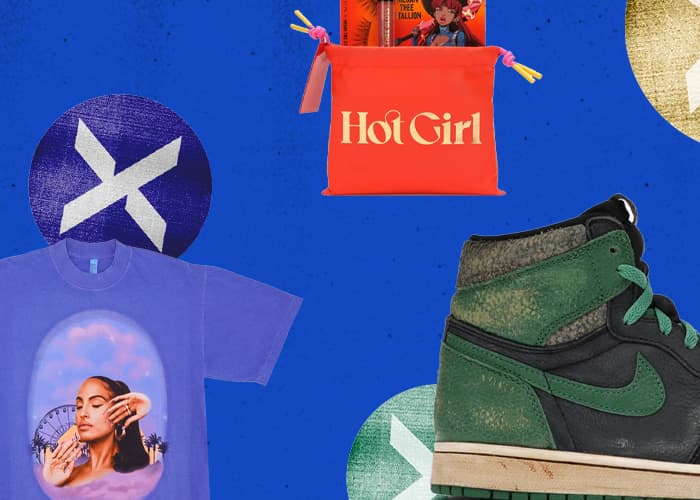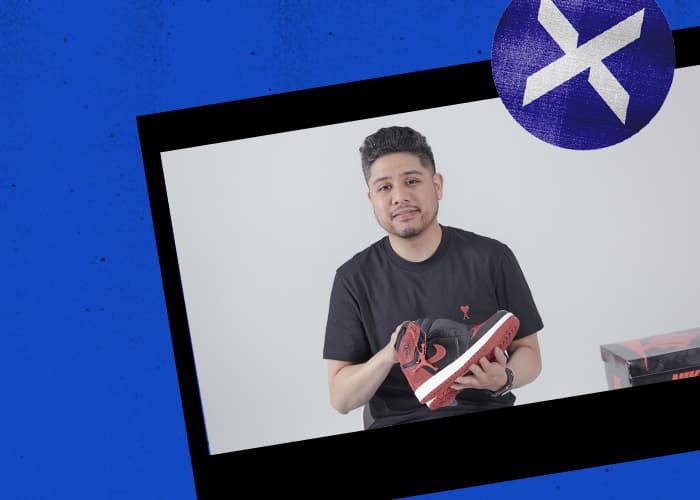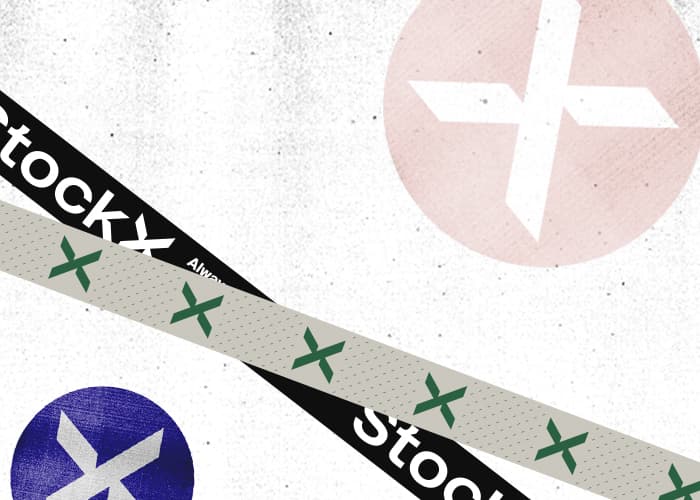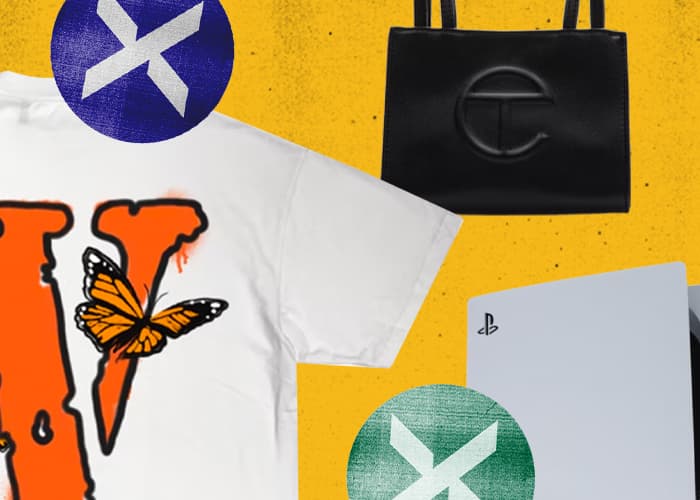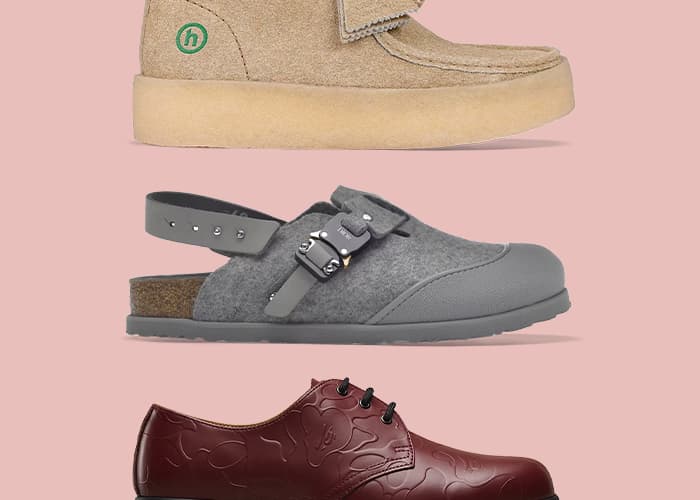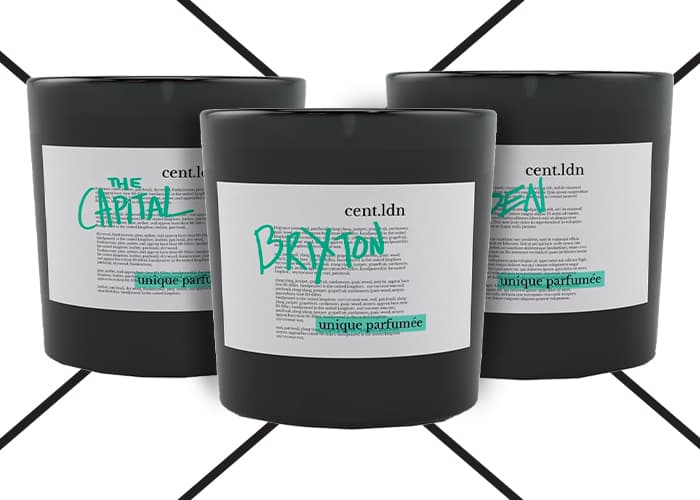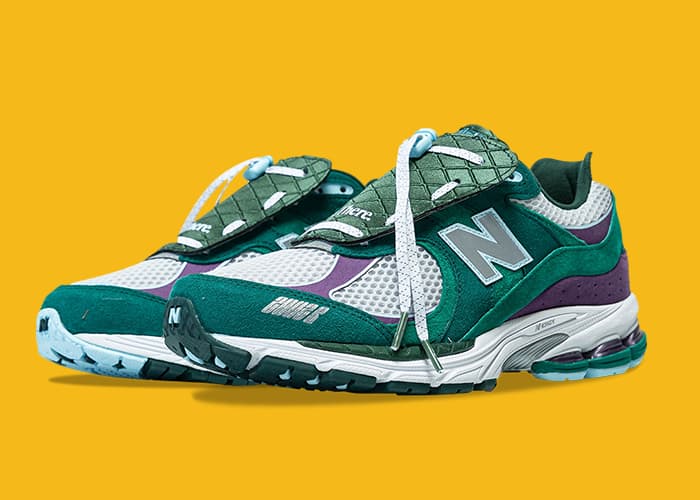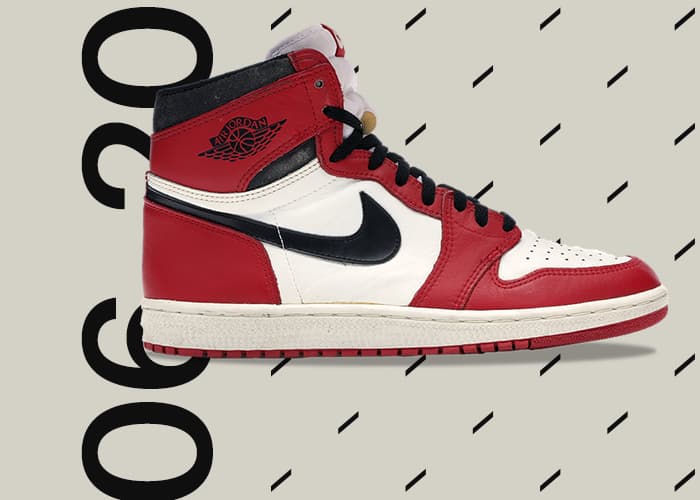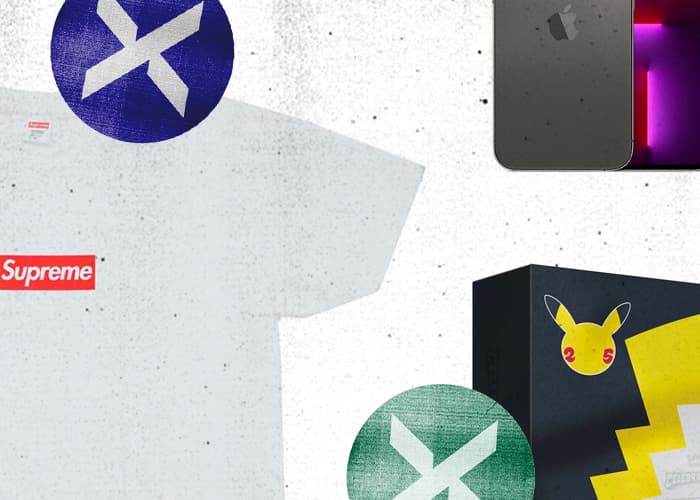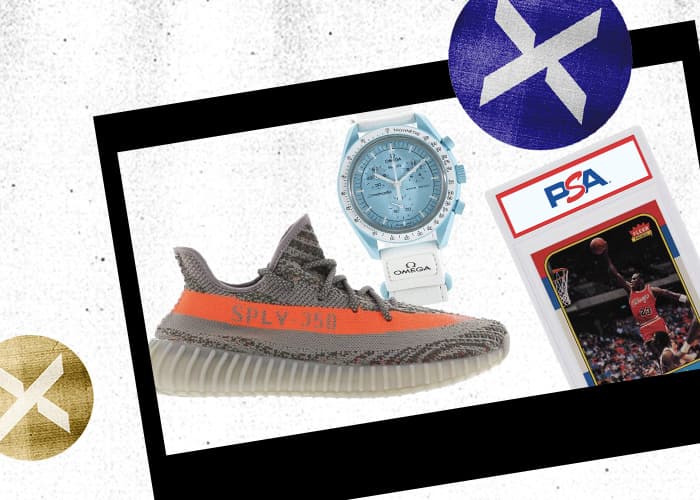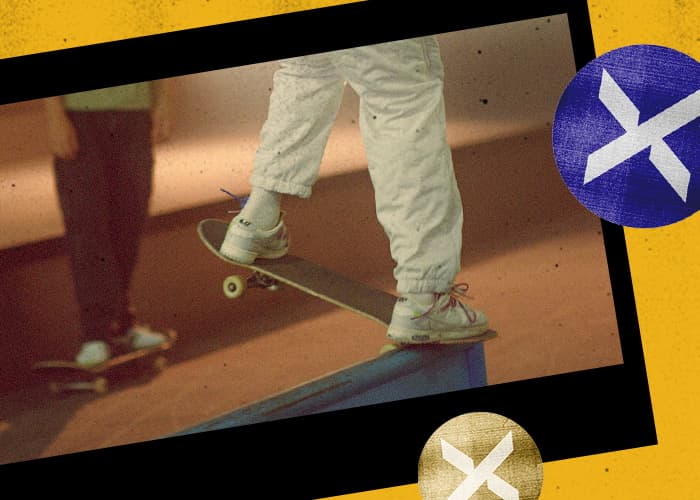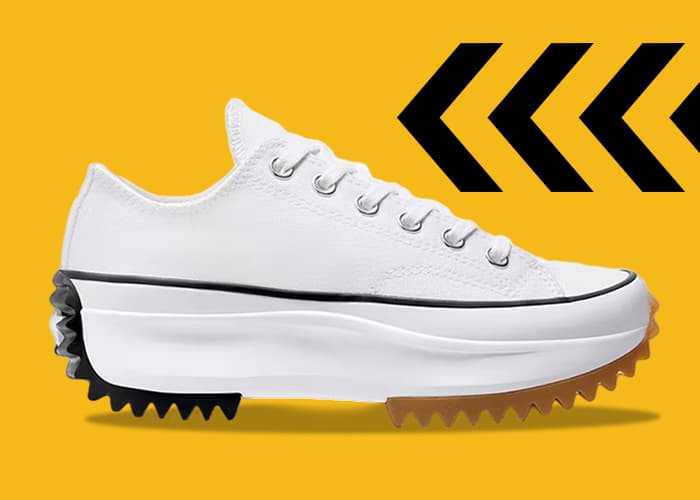Beautiful Struggles founder, Danny Williams, was always attracted to fashion for its ability to let him express who he was.
Following his retirement from professional football, Williams was able to focus on his passion full-time, launching luxury streetwear brand, Beautiful Struggles, in 2019 as a vehicle to tell his story.
We sat down with Williams in London to find out more.
Tell us a bit about yourself.
I was born and raised in Karlsruhe by a German mum and an Afro-American dad. Like every other kid, I wanted to become a professional footballer, so I started playing when I was four and then when I was 15 I joined Freiburg’s youth academy. I stayed there for seven years, making my professional debut as well as my debut for the US national team. At 24, I moved to London to play in England and finished my career in Cyprus, where I launched Beautiful Struggles in 2019.
"I didn’t look the same as the other kids. I never saw myself as an outsider but I just looked and carried myself differently to my friends."
What are your memories of your childhood in Germany?
It was kind of interesting. I mean it wasn’t as diverse as it is in London, for example. I didn’t feel out of place, but people saw me as “being from somewhere else” because of my Dad.
I never thought that I would leave Germany because I thought Berlin was cool when I was younger. But I went to Miami when I was 21, and that was the first time I thought that I might want to explore different countries, cities and cultures.
Did you ever struggle to connect with your American heritage?
I was exposed to American culture from an early age. My dad used to listen to jazz music and artists like Prince and James Brown, so growing up, I was fascinated by people who were a little bit outside of the box. He introduced me to basketball too. He’s from New York and Patrick Ewing was his favourite player.
I was also hugely influenced by hip-hop culture as a teen. I was getting my sneakers at Footlocker and asking my parents for FUBU clothes or South Pole clothes, so I didn’t look the same as the other kids. I never saw myself as an outsider but I just looked and carried myself differently to my friends.

"There are battles we all fight every day. Beautiful Struggles represents overcoming that adversity and turning it into something positive."
What’s your first memory of being interested in fashion?
If people had asked me when I was a kid, “what is your passion?”, I would have said football, but also definitely fashion.
I remember growing up, there were these magazines that would always come with tattoo transfers. One day, I just covered my whole body with these stickers! I think that’s where I started to develop an interest in style and for body art and tattoos, so it was inside of me from a very early age.
Was it always in your mind to become a designer?
I don’t like to call myself a fashion designer because I never studied fashion or went to fashion school. But I always loved to dress well, express myself and I always try to be a pioneer. With an up and coming brand, I want to be the first one to buy it, or if see a lot of people wearing something in Paris for example, I’ll bring it back to London. Fashion is always something that I loved, it’s just that now, I’m able to express it more.
"I’m translating my life story into garments. From my childhood heroes and growing up in Germany with an Afro-American dad, to all of the setbacks and sacrifices that come with being a professional athlete."
So for you, fashion is less about style and trends, and more about expression?
I think with fashion in general, an outfit can give a sense of how someone is feeling. I was speaking with a girl today on the train from Paris who was wearing a big, bright orange hoodie with orange painted fingernails. When I asked why she chose this outfit, she said “just because I’m in a good mood, today.”
That’s why I love people watching. Sometimes I can sit down for one- or two hours having coffee or lunch and I just watch people passing by, just trying to put myself in their head. “Ok, maybe they put that piece on because they feel this way today”, you know? The psychology of fashion is fascinating.
How would you describe Beautiful Struggles?
I’m translating my life story into garments. From my childhood heroes and growing up in Germany with an Afro-American dad, to all of the setbacks and sacrifices that come with being a professional athlete.
I struggled with depression and anxiety throughout my career. From missing out on my dream to play in a World Cup through injury to not knowing what to do with myself after football. Beautiful Struggles was a way for me to find purpose in my life again.
I believe that a lot of people can relate to that story. There are battles we all fight every day. Beautiful Struggles represents overcoming that adversity and turning it into something positive.

Beautiful Struggles FW21 Lookbook
"When you start opening up about your demons, other people might feel more comfortable about sharing theirs. So, while on the face of things we may only be a fashion label, I believe we can help raise awareness around important issues."
Who’s the brand for?
It’s for everyone. I don’t have one, specific person in mind when I’m designing. I wanted the brand to be broader than just my own story, but to represent everyone’s story, you know? That’s why I want to design pieces for everyone. We have printed hoodies for younger people that maybe like things a bit louder, but we also have pieces that you could wear to a nice restaurant in Paris or London. When people buy a Beautiful Struggles piece, I want them to know they are getting quality.
What motivates you?
Putting a smile on people’s face. I believe we all have a purpose while we’re on this earth, but it was only when I went through bad times that I discovered that making people happy is the legacy I want to leave. I don’t want to see the next generation making the same mistakes I did when I was younger.
When you start opening up about your own demons, that opens up a conversation, and other people might feel more comfortable about sharing their own experiences. So, while on the face of things we may only be a fashion label, I believe we can help raise awareness around important issues. Whether that’s mental health, or racism or the LGBTQ community, the range of people and issues the brand’s narrative can represent is nice. When I’m networking, I meet so many people whose stories are inspirational to me.
"Some people feel intimidated when they're the dumbest in the room, but I love to be with people with more knowledge in certain areas or more life experience than me because that means I learn from them."
What else inspires you?
My childhood, a lot. For example, my first ever pieces were vintage tees featuring prints of Alan Iverson, Michael Jackson and Prince. The cities that have influenced me the most are probably London, Paris and New York, but I could even speak about Berlin, too.
When I’m designing, I try to combine European heritage with American culture, as that represents both sides of me.
What’s been the biggest lesson you’ve learned while launching the brand?
I can tell you one thing, it’s so easy to burn money! And it doesn’t matter how much you have, if you don’t have the right team with the right values and knowledge. Some people feel intimidated when they’re the dumbest in the room, but but I love to be with people with more knowledge in certain areas or more life experience than me because that means I learn from them.


